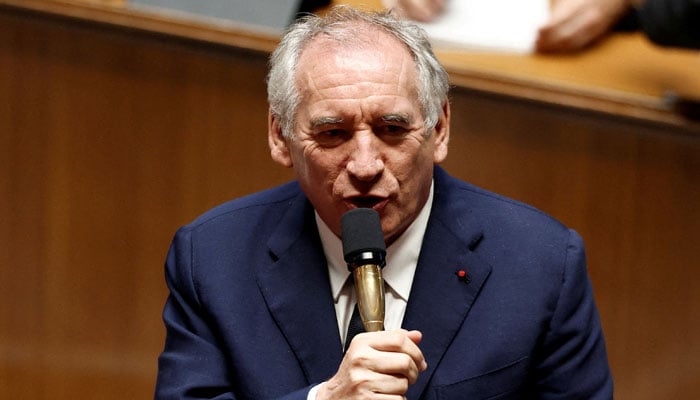Select Language:
France’s parliament voted to oust the government Monday over its plans to address the rapidly growing national debt, intensifying the political crisis and leaving President Emmanuel Macron with the difficult task of selecting a fifth prime minister in less than two years.
74-year-old François Bayrou, who assumed the role of prime minister just nine months ago, is now required to resign. This development narrows Macron’s options as financial markets express concern about France’s political and economic stability.
Bayrou called the confidence vote unexpectedly to seek backing for his approach to reduce a deficit nearly twice the EU’s 3% limit, while also tackling a debt load equaling 114% of GDP. However, opposition parties showed little interest in supporting his plan to cut 44 billion euros ($51.5 billion) from next year’s budget, especially with a presidential election scheduled for 2027.
Macron could appoint another centrist or conservative figure as his next prime minister, though this would likely result in an unstable coalition. Alternatively, he might choose a moderate socialist or a technocrat. Regardless, none of these options appears likely to secure a parliamentary majority. Finance Minister Eric Lombard warned that the formation of a new government would probably lead to a scaled-back deficit reduction plan.
There’s speculation that Macron might call a snap election to resolve the crisis, but so far, he has resisted pressure from the far-right National Rally and the hard-left France Unbowed to dissolve parliament again.
### Fiscal Crisis
The immediate challenge for the incoming government will be passing a new budget—an uphill battle that Bayrou also faced.
“You have the power to bring down the government, but you cannot erase reality,” Bayrou told lawmakers before the vote. “Reality remains relentless: expenses continue to climb, and the overwhelming debt burden will only grow more costly and difficult to manage.”
France’s very survival is at stake, he warned.
European allies are watching with concern. France’s deficit as a share of GDP is the highest among eurozone countries, and it spends more on debt service than Spain. The spreads on French 10-year bonds against benchmark German bonds are at their highest in four months.
Fitch Ratings announced it would review France’s AA- credit rating with a negative outlook on September 12, with Moody’s and S&P following suit in October and November. A downgrade would make it harder for France to borrow cheaply, worsening its debt issues.
Uncertainty over France’s political and fiscal future could weaken Macron’s influence across Europe, especially as the U.S. adopts a more assertive stance on trade and security, and as conflict persists in Ukraine on Europe’s eastern border.
Macron and other centrist and conservative leaders believe holding a snap election wouldn’t resolve the crisis and are exploring dialogue with the Socialists, according to two sources familiar with his thinking.
The Socialists have proposed a counter-budget, including a new 2% tax on personal fortunes over 100 million euros and expected savings of 22 billion euros. However, this plan conflicts with Macron’s pro-business reform agenda.
Public unrest may also be mounting. A grassroots protest group called “Bloquons Tout” (Let’s Block Everything) plans nationwide demonstrations on Wednesday, with trade unions organizing strikes the following week.
“France is finished,” said Mohamed, an 80-year-old retired hospital worker selling produce at Paris’s Aligre market.







